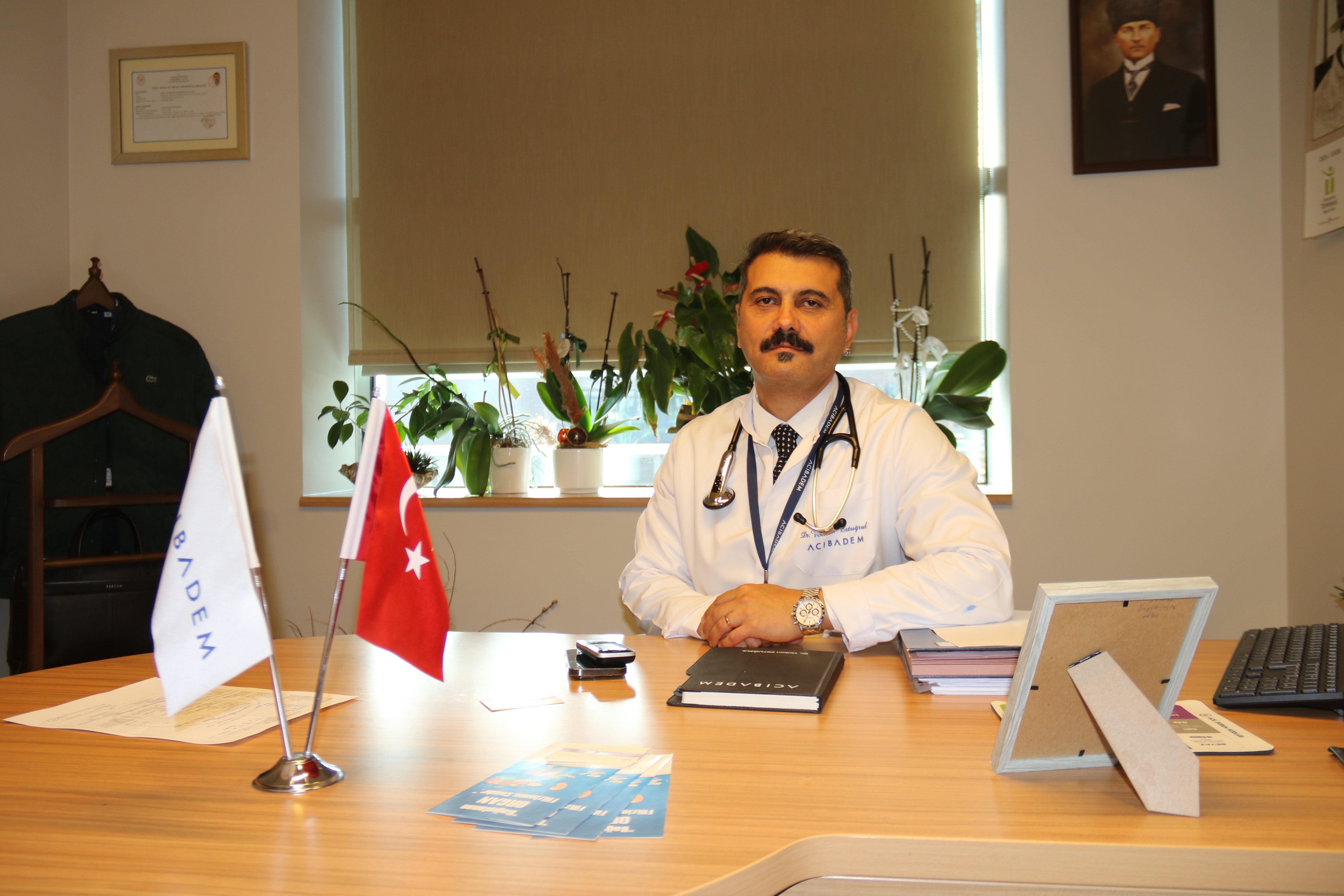
Acıbadem Eskisehir Hospital Chief Physician Dr. Volkan Ertuğrul stated that donations decreased after the pandemic period and only 1 out of every 4 brain-dead people donated organs.
On the occasion of November 3-9 Organ and Tissue Donation Week, Acıbadem Eskisehir Hospital Chief Physician, Intensive Care Physician in Charge, Anesthesiology and Reanimation Specialist Dr. Volkan Ertuğrul spoke about the importance of organ donation. Pointing out that organ and tissue donation is the most important among health services, Chief Physician Ertuğrul mentioned that the number of tissue and organ donations decreased considerably in the period after the pandemic period in 2019. Referring to the fact that only 1 patient out of every 4 brain-dead patients in intensive care donates, Dr. Volkan Ertuğrul underlined that a single cadaveric donation saves the lives of 8 people. Starting from the data that 1 out of every 4 people donates and that 4 lives are saved with the donation of 1 person, Dr. Ertuğrul stated that 24 lives are negatively affected due to the organs and tissues that the other 3 people do not donate.
“After Covid, the number of these tissue and organ donations decreased considerably”
Speaking about the importance of organ donation, Specialist Dr. Volkan Ertuğrul said, “Organ tissue donation is actually one of the most important steps in basic health services. I think the reason is that when a person donates an organ or a tissue, it can save the lives of 8 people at once, especially when transplanted from cadaver in intensive care units. However, recently, especially after the pandemic period we experienced in 2019 and covid, the number of these tissue and organ donations has decreased considerably. Only 1 out of every 4 brain-dead patients in intensive care who have the potential to donate every tissue and organ donates. So when we multiply the remaining 3 people by 8, the lives of 24 people are unfortunately wasted. Awareness on this issue needs to increase. There was a very good momentum before Covid. The numbers were good, but the shaken trust in intensive care units, unrest and psychological tendencies in the pandemic reduced the number of organ and tissue donations. As I said before, under normal circumstances, when an organ and tissue transplant is performed, the chronic processes of 8 potential patients (these are patients with kidney, liver and heart failure), who are dependent on machines or medications, continue in a high financial cost to the state and in a human and socially unviable position. If we donate organs and tissues, we can touch the lives of these people and they can return to social and financial life.”
“Organ and tissue donation can be analyzed in 2 ways”
Dr. Ertuğrul, who examined the title of organ and tissue under two main headings, said the following:
“Organ and tissue donation can be examined in 2 ways. In fact, a person can donate to another person from alive to alive, but these should be non-vital spare organs. For example, a citizen can transfer a part of the liver to a relative or give a kidney to a relative or loved one. But we have to be limited and careful. It is a group that needs to be careful because the donor may also be in life-threatening danger. The other group is, for example, a 25-year-old man who comes to the intensive care unit after a motorcycle accident, his respiratory functions are impaired, his brain stem reflexes in the lower part of the brain are gone, that is, he can no longer breathe on his own, and he is no longer that person. This was confirmed by laboratory, tests, neurology, neurosurgery, anesthesiologist and radiological examinations and it was seen that this person is medically brain dead. This is not a coma, it is more advanced than a coma. This person's intact heart, lung, liver, which can be divided and given to 2-3 people, 2 kidneys and pancreas can be transplanted to people waiting for organs.”
İHA Haber Kodu: 20241107AW324099